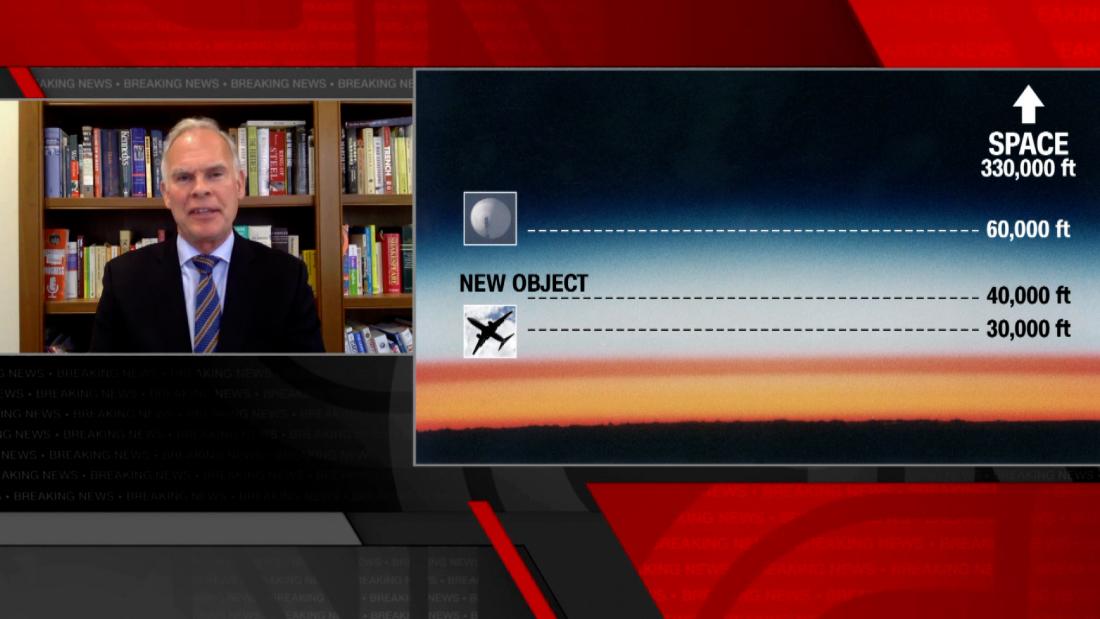Supreme Court Declines to Hear Death Row Case
The Supreme Court on Monday declined to take up a challenge to an appeals court's decision to grant a new evidentiary hearing to a death row inmate who claimed jury bias in his first trial.

With a sharp dissent from Justice Clarence Thomas, the Supreme Court declined to review a ruling by the U.S. Court of Appeals for the 6th Circuit that granted a new evidentiary hearing to a death-row inmate who claimed jury bias in his trial, Amy Howe reports for the SCOTUS blog.
Jeronique Cunningham, the death-row inmate, was sentenced to death for three murders. However, the state of Ohio pushed the Supreme Court to overturn the ruling of the 6th Circuit court after state efforts were unsuccessful.
Cunningham argued that a foreperson of his jury received outside information during the trial. Allegedly, the information came from social workers who reportedly knew Cunningham and “were afraid of him.” The social workers also had a purported relationship with the victims’ families.
Justice Thomas vehemently dissented, emphasizing the need to correct the abuses of federal habeas law, a law that allows inmates to challenge their convictions based on new evidence or constitutional violations.
“Any evidentiary hearing on Cunningham’s family-relationship claim would be an abuse of discretion no matter what court ordered it,” Justice Thomas said in his dissent.
However, the Supreme Court decided to consider a similar case, Escobar v. Texas, where the prosecution agreed that the defendant’s conviction should be reversed, John Elwood reports for the SCOTUS blog.
But the Escobar case deals with tainted DNA evidence rather than potential jury bias, as with Cunningham’s case.
Still, Justice Thomas let out his frustration in his Cunnigham dissent.
“The Sixth Circuit’s decision is more than an error—it is an injustice. ”
James Van Bramer is TCR’s Associate Editor

 Landwebs
Landwebs 


















